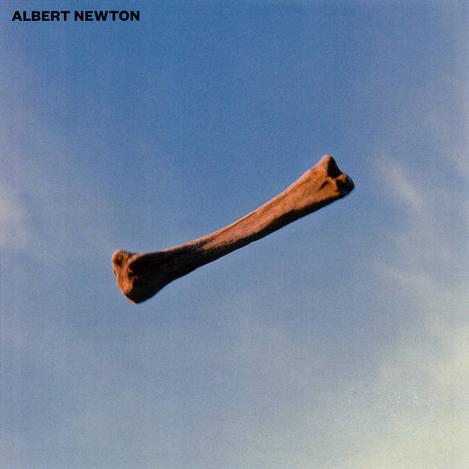Twin Earth is Albert Newton dreaming big but landng in the middle
"Twin Earth"

The Franco-British producer’s debut album is consistently pretty, even if it could use some musical variety to spice things up.
Henry de Montbazon’s head is above the clouds. As he would tell it, his full-length debut, Twin Earth, grew out of an acquaintance with one or more scientists whose work awakened a personal interest in the cosmos. Under the moniker of Albert Newton, he seeks to animate this extraterrestrial vision through spaced-out song.
The first thing to note about Twin Earth are its bountiful synth textures. Newton’s predilections are familiar to anyone paying attention to modern synthpop: washed-out pads dominate, with an occasional meaty lead and gobs of reverb in tow. These ingredients signpost a well-worn musical path by now, but he keeps his compositions from sounding antiseptic by seamlessly blending the digital and analog, the expansive and the retro-futurist. Newton livens up the back half of the otherwise insubstantial “Kuuki Yomenai,” for example, with a series of dizzying arpeggiations.
Sadly, Newton’s pen doesn’t rise to the occasion; much of his celestial inspirations manifest not as song topics unto themselves, but as vocabulary terms sprinkled on top of existing bromides. Opener “Morning Light” sets the stage with a gorgeous offering of bright, almost New Age-y synths; next to such a grandiose entrance, Newton’s proclamations shrink to his size. He’s grateful, he wants to save the world, he can’t sleep, he wants to make it out alive. The next song “Fell Off” cribs a Strokesian chord progression to tell, not show, the similarly banal revelation that he’s hurting and that his lover should know. On an album purportedly aligned toward the rest of the universe, Newton’s lyrical solipsism undercuts his own thematic ambitions by failing to match the scale of his more striking instrumentals.
As urgently as Newton clearly wants his album to stand out, much of Twin Earth’s poppier side is largely indistinguishable from the synth-heavy indie of a decade ago. Today’s artists have plumbed the Eighties so thoroughly that Newton’s more conventional synthpop tracks fail to leave much of an imprint, pleasantly as their crisp instrumentals may float by.
“Somewhere in the Dark” and “Gravity Shop” are spacey reimaginings of Tame Impala without any of Kevin Parker’s ear for groove or psychedelic whimsy, and “Castle in the Sky” dilutes Future Islands to similar effect. However, when Newton instead pivots to ambience, as he does with the cavernous beauty of instrumental closer “Earthrise 2b,” the results are stellar.
If nothing else, Twin Earth indicates that Newton possesses a genuine gift for conjuring compelling soundscapes. His next challenge is to create a holistic work that can match his conceptual aspirations.
Get the Best Fit take on the week in music direct to your inbox every Friday

Prima Queen
The Prize

Femi Kuti
Journey Through Life

Sunflower Bean
Mortal Primetime





